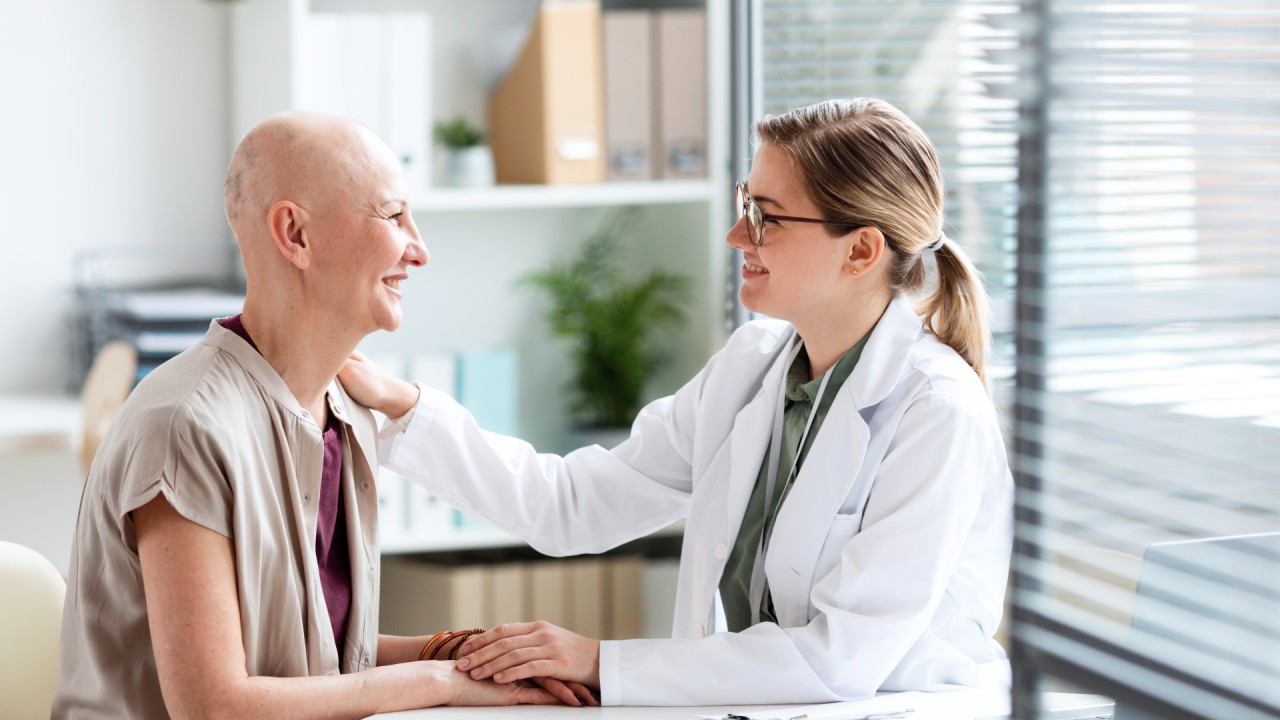Myths and Reality about Oncological Surgeries Abroad. What Patients Need to Know
When faced with an oncological diagnosis, the choice of treatment approach and location plays a critical role. Often, patients consider going abroad for treatment, as they hear about higher levels of medical care and access to advanced technologies. However, stereotypes and misconceptions often arise around this topic. Below, we will examine the main questions related to oncology treatment abroad and try to understand which statements are close to the truth.

Myth 1: Treatment abroad is exorbitantly expensive
One of the most common questions is whether the patient can afford the financial costs associated with therapy in another country. Often, it is believed that this is "out of reach" and only available to a select few. In practice, however, the cost depends on many factors: from the chosen country and specific clinic to the necessary procedures and the length of hospitalization. In some cases, the total amount turns out to be comparable to local prices, and sometimes even lower, especially if you consider the quality of service, the use of modern methods, and precise treatment planning.
Recommendations:
- Compare several clinics and clarify exactly which services are included in the preliminary bill to avoid unexpected expenses in the future.
- Find out about possible insurance programs or special packages: foreign centers often offer favorable conditions for patients from other countries.

Myth 2: New technologies guarantee a complete cure
Modern surgical approaches, innovative medications, and robotic systems help increase treatment effectiveness and speed up rehabilitation. However, it is not accurate to assume that any oncological surgery abroad will necessarily yield a 100% successful outcome. Oncology is a complex field where much depends on the type of tumor, the stage of the disease, overall health, and adherence to rehabilitation recommendations.
Recommendations:
- Consult with multiple specialists to form a comprehensive understanding of your diagnosis.
- Remember that the risk of recurrence exists even with the most advanced treatment protocols, so regular check-ups and monitoring of health indicators are crucial.

Myth 3: The pros and cons of oncological surgeries abroad are easy to assess immediately
Advertisements might give the impression that arranging a trip to a foreign clinic is straightforward and that the surgery can be done within days. In reality, any oncological intervention requires thorough diagnostics, time for tests, and patient preparation. Additionally, logistics need to be considered: flights, adaptation to a new place, and sometimes the language barrier.
Recommendations:
- Plan several remote consultations: send your medical records and test results to doctors to get a preliminary assessment of your condition.
- Clarify how postoperative care will be organized. In some cases, a repeat visit or an extended rehabilitation period on-site may be required.

Myth 4: Safety depends solely on the "Fforeign" status of The clinic
It is often believed that treating cancer abroad inherently guarantees safety. While it is true that developed countries have higher levels of technical equipment, it is important to remember the human factor. To be confident in the quality of treatment, you should check the reputation of the medical institution, the presence of international certificates, and review real patient stories.
Recommendations:
- Study official data on treatment success rates and accreditations issued by authoritative organizations.
- Try to gather as much information as possible from several independent sources, including patients who have already undergone therapy at the clinic.

Myth 5: After surgery, you can immediately return to your normal life
An oncological disease does not end with the surgical stage. Rehabilitation, regular check-ups, and possible medication support all play a crucial role in maintaining the results of treatment. It is a mistake to believe that discharge from the hospital means the "complete end" of the process. Often, the greatest contribution to recovery comes from postoperative support from specialists.
Recommendations:
- In advance, clarify with the clinic the availability of rehabilitation and monitoring programs after discharge.
- Discuss with your treating physician the plan for further control: you may need to regularly send in test results or periodically come in for check-ups.
Conclusion:
Treating cancer abroad provides access to modern equipment and the expert opinion of specialized doctors. However, it is important not to overestimate expectations and hope for instant results. When deciding where to seek treatment, it makes sense to research available information, compare offers from different clinics, and consult with several specialists. Oncological surgeries abroad have their pros and cons, but the key factor will remain your individual clinical case and readiness to go through all the stages—from initial diagnosis to full rehabilitation.
If you have any additional questions, please contact us at alisahealthgroup.com. Our medical tourism experts will help you choose the optimal treatment option and provide detailed information about the nuances of treatment at specific centers. Accurate information and professional support are key to ensuring that the path to recovery is as effective and comfortable as possible.

